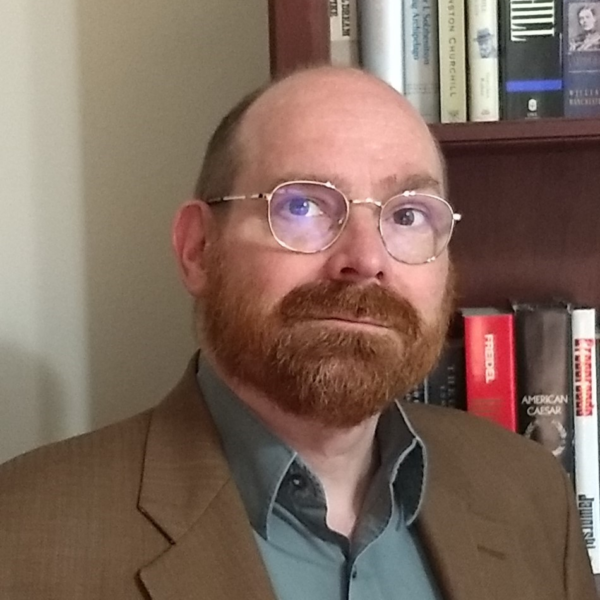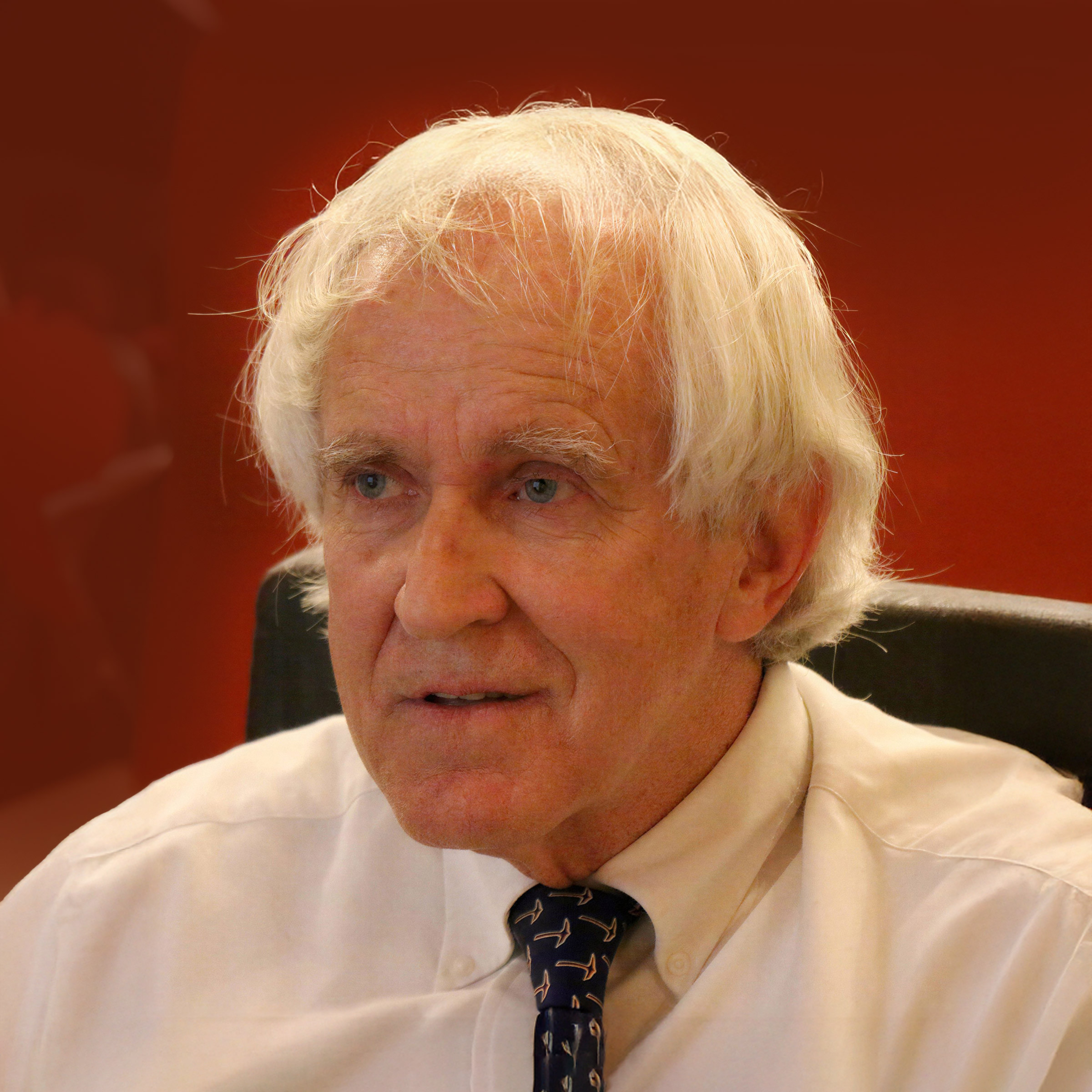Are you tired of hearing about ChatGPT yet — “basically high-tech plagiarism,” as Noam Chomsky has said? Dr. Robert J. Marks, director of Discovery Institute’s Walter Bradley Center, appeared on a segment of The Agenda recently to examine the hype surrounding artificial intelligence and ChatGPT. He was joined by Melanie Mitchell of the Sante Fe Institute and MIT’s Max Tegmark. Hosted by Steve Paikin, the three discussed the benefits and drawbacks of artificial intelligence and what it means to be human in a technological age, as well as the perennial question of consciousness. You can watch the entire conversation on YouTube:
Dr. Marks had the opportunity to talk about some of the key themes he discusses in his book Non-Computable You: What You Do That Artificial Intelligence Never Will, contending that AI, while it has benefits, does not, and never will, have the creativity, empathy, and personal consciousness unique to human beings.
Cross-posted at Mind Matters News.









































